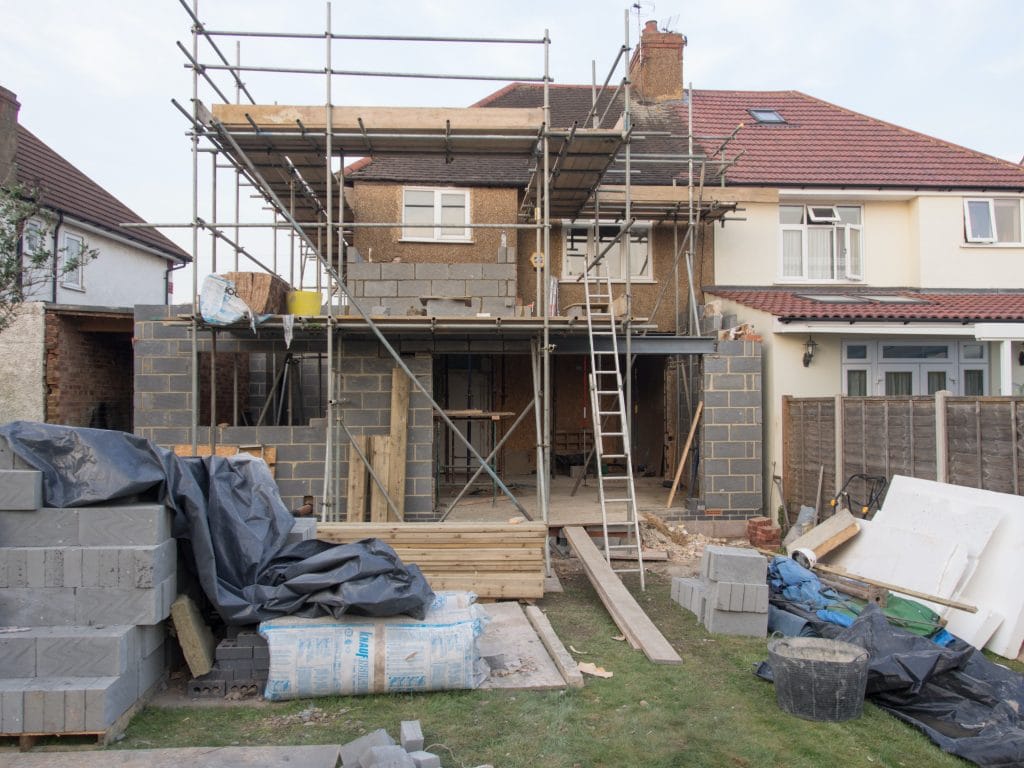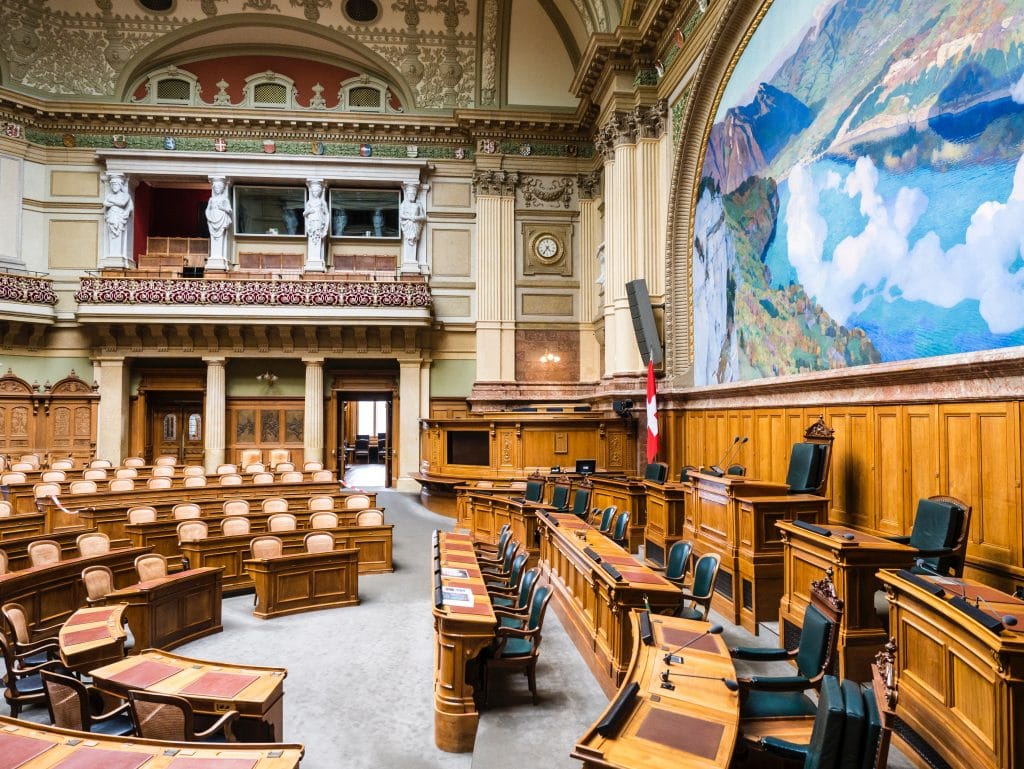More Positive Steps from the Austin City Council
- There have been a number of positive housing steps taking by the new Austin City Council in the last few months.
- The latest will potentially encourage multiple units to be built on single family lots.
- The Council’s moves are encouraging and will help reduce some affordability issues.
Things are heating up in Austin. And I am not just talking about how you can fry an egg on the sidewalk. I’m also talking about how the there are some exciting things happening at City Hall.
Within the last couple of weeks, there have been some positive housing developments from the City Council. This is not the first time I have written positive things about the Council since the November elections. I am starting to think this is going to be a trend. And a quite welcomed one at that.
So what happened in the last couple of weeks? Lets talk about it.
City Council Proposes Increased Density on Single Family Lots
Its no big news that Austin has a housing crisis – with skyrocketing home prices and a shortage of affordable options. In response to this pressing issue, the Austin City Council has proposed a groundbreaking solution known as Opportunity Unlocked, which aims to allow additional homes density on many lots – including ones that are currently zoned for single family. This initiative has the potential to unlock new opportunities for both homeowners and prospective residents, fostering a more inclusive and sustainable city.
The Opportunity Unlocked proposal seeks to address Austin’s affordability crisis by allowing property owners to build additional housing units on their single-family lots, such as granny flats, duplexes, or backyard cottages. It will allow developers to build multiple units on a single-family lot. By making efficient use of existing land, this initiative could significantly increase the housing stock.
One of the key benefits of Opportunity Unlocked is its potential to increase housing affordability. By increasing the number of units available, Austin can create more options for individuals and families of varying income levels. Accessory dwelling units (ADUs) or secondary units can serve as affordable rentals or provide an opportunity for multigenerational living, allowing families to support each other while maintaining privacy and independence. Moreover, increased density can promote economic diversity, encouraging a more inclusive and vibrant community.
A side benefit of Opportunity Unlocked is that it may align with Austin’s commitment to sustainability. By encouraging the construction of smaller, more energy-efficient units, the proposal can help reduce the city’s carbon footprint. Furthermore, densifying neighborhoods can support walkability and public transportation, reducing reliance on private vehicles and easing traffic congestion. These measures contribute to a more environmentally friendly city, aligning with Austin’s progressive reputation.
The City Council has sent the proposal to the City staff to draft an ordinance that it can vote on. That vote is expected to happen on October 19. Assuming that happens and the City Council passes the ordinance, this law would go into effect shortly thereafter and developers can start adding even more needed density to our City.
Still More Needed But These are Good Steps
As I wrote above, it seems like I have written multiple articles about some positive moves that the City Council has made in the last 6 months. Its an encouraging trend. And this is not the only positive move. In the next couple of weeks, I am sure I will write about the shift in compatibility and parking requirements that the Council has undertaken.
Obviously we have not solved our housing crisis yet. There is still a long way to go but these are positive moves and will help ease some of the pressure of our housing affordability crisis.
More Positive Steps from the Austin City Council Read More »


